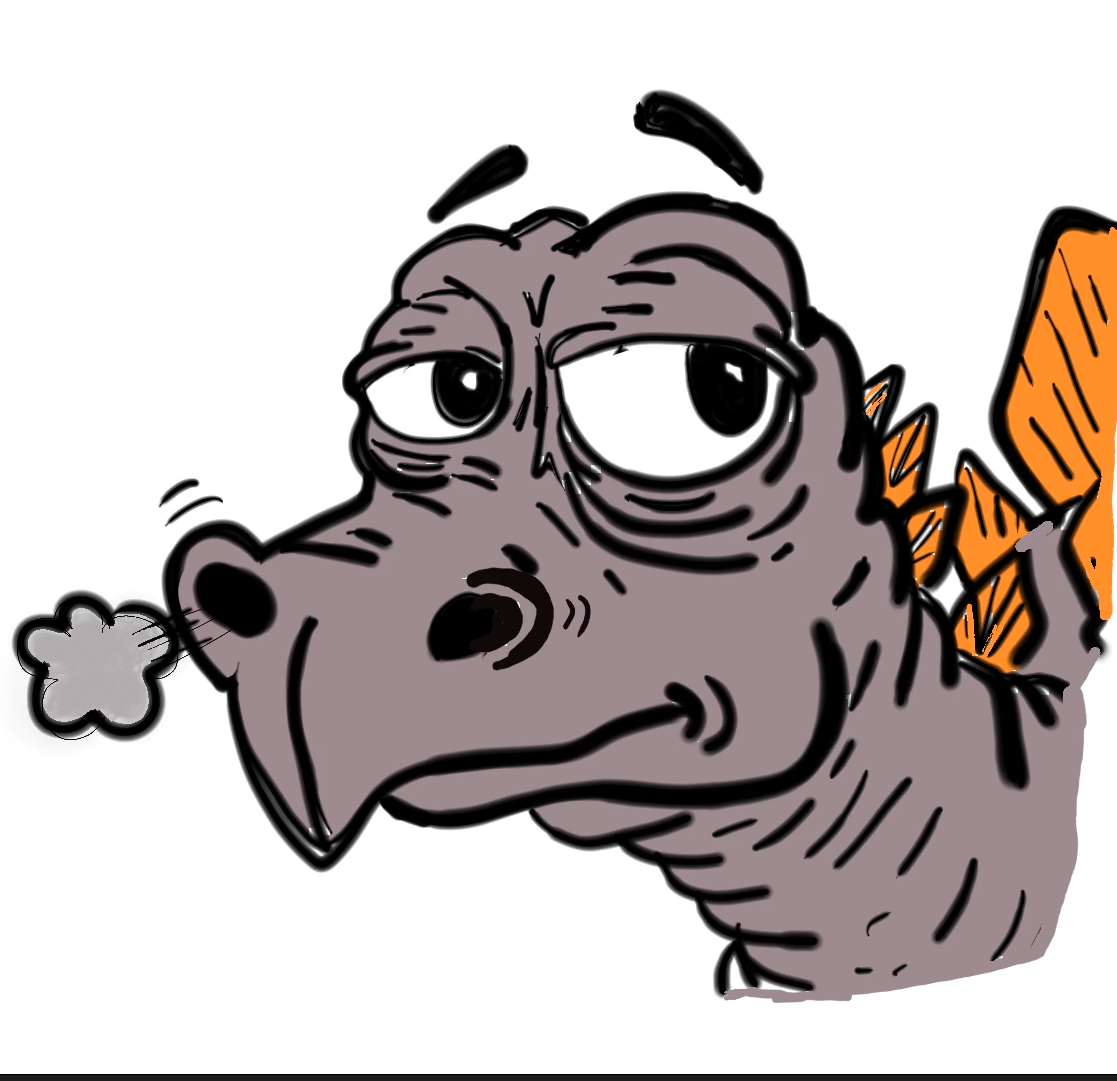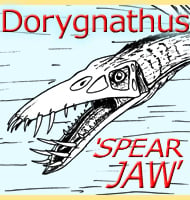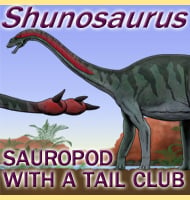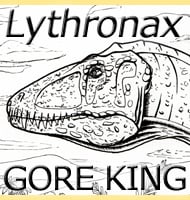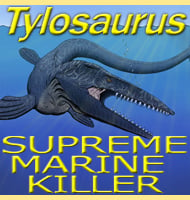In Depth
Dubbed a ‘sabre-toothed anomodont’, Tiarajudens was a quadrupedal herbivore that possessed a pair of enlarged sabre-like canine teeth. Despite the presence of these teeth, Tiarajudens was almost certainly a herbivore since the incisors at the front of the mouth are spoon shaped and arranged for slicing plants while the rear teeth could mash them together. The sabre-teeth are unusual for a herbivore, but later dicynodont descendants of the anomodonts would develop large tusks for the purpose of uprooting plants so that they could be eaten. Therefore the canine teeth of Tiarajudens were probably used for the same purpose, but they had yet to evolve into a tusk form. Although it lacks the enlarged canine teeth, the African genus Anomocephalus is thought to be a close relative of Tiarajudens.
The discovery of Tiarajudens is one born out of the modern information age; the fossil location of Tiarajudens was found by looking satellite photographs on Google Earth.
Further Reading
- Dental Occlusion in a 260-Million-Year-Old Therapsid with Saber Canines from the Permian of Brazil, Juan Carlos Cisneros, Fernando Abdala, Bruce S. Rubidge, Paula Camboim Dentzien-Dias & Ana de Oliveira Bueno - 2011.
